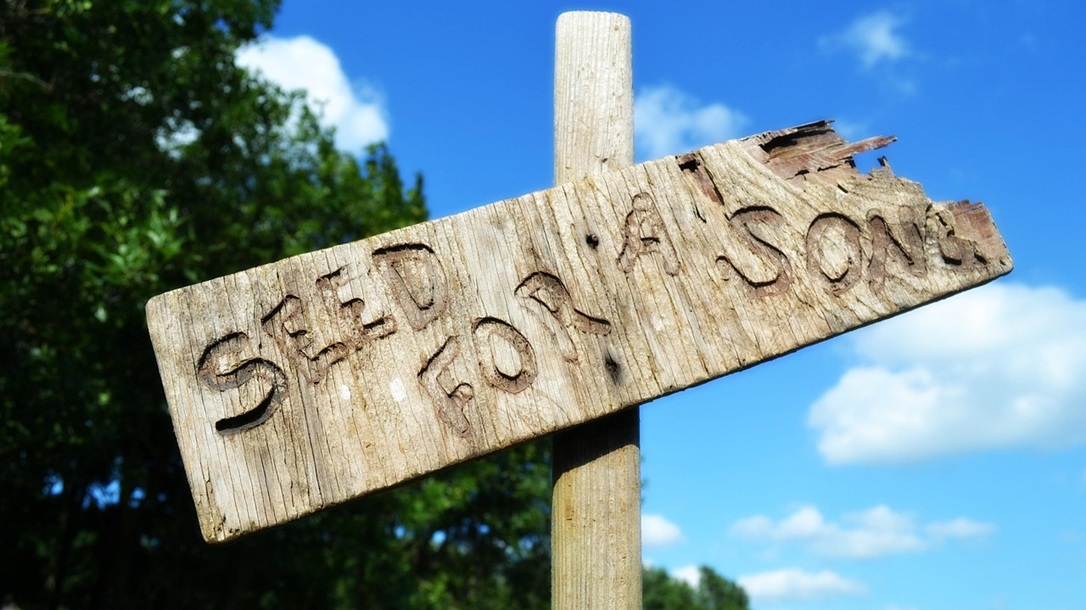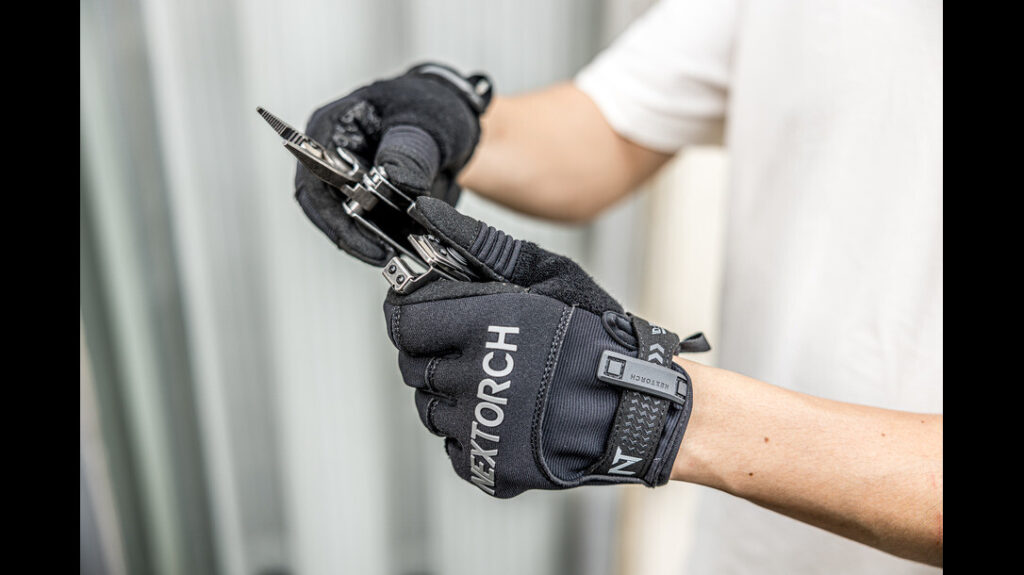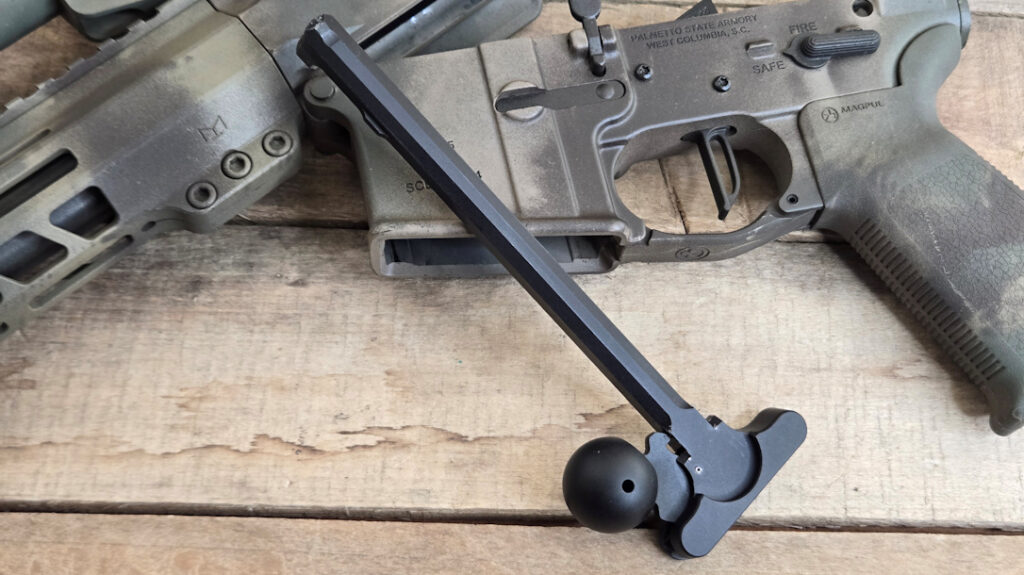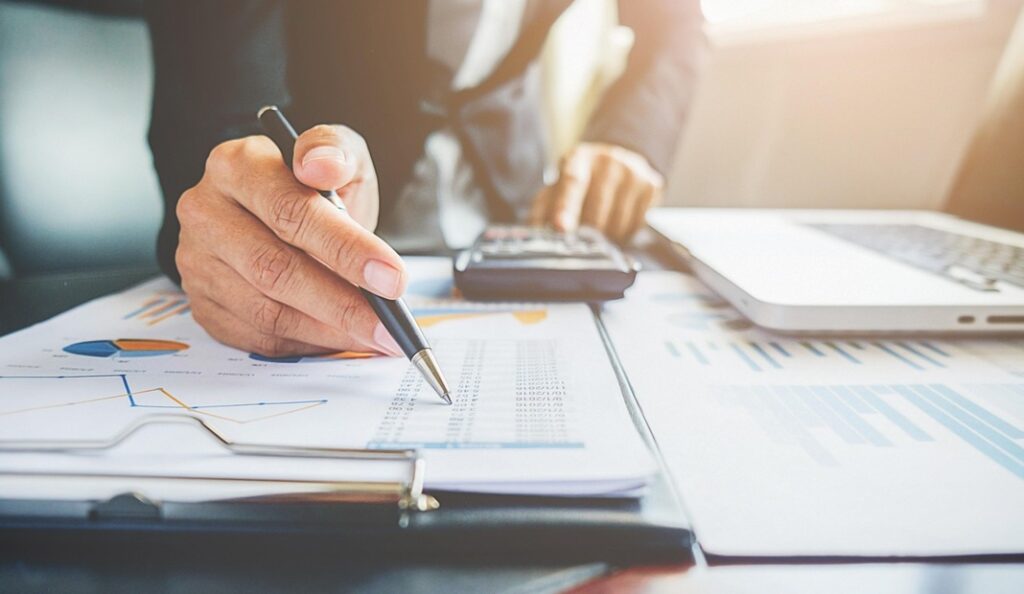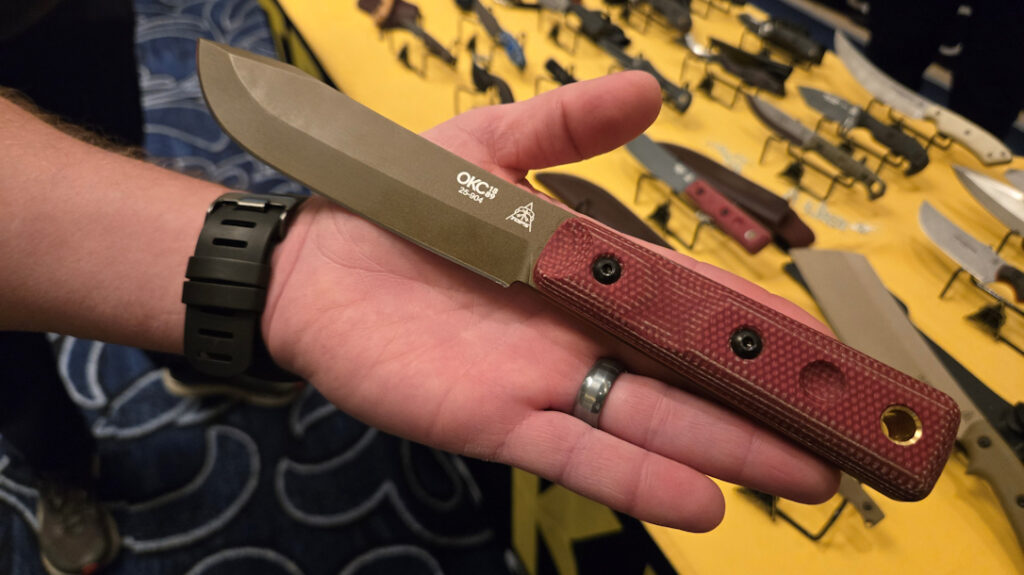A popular topic in the prepping world is post-collapse barter and trade. The idea is that if society collapses, caused by any one of a number of things, people will no longer use cash. Instead, they’ll rely on trading hard goods with one another, bartering for what they want or need.
Getting Your Barter Prep Ready
It sounds simple, at least at a surface level. Invest in some items now that you feel might have high trade value later. Then, when the balloon goes up, you’ll be ready to wheel and deal.
As with most things, you gotta read the fine print, metaphorically if not literally. Before we go any further, though, one point of clarification. For the purposes of our discussion, we’re strictly focused on barter goods. We’re not going to get into the concept of trading skills, like fixing an engine in exchange for roof repair. That’s a different discussion altogether.
Advertisement — Continue Reading Below
Elements for Successful Bartering
For the purposes of our discussion, we’re focusing on some sort of post-collapse situation. While many people routinely trade with their neighbors today, we’re not talking about exchanging eggs for zucchini with Gladys from next door. In the prepper world, there’s this notion that people will be trading with strangers, haggling with one another to get the best deal.
A successful barter transaction is predicated upon three elements coming together.
1) You possess something another person wants or needs.
Advertisement — Continue Reading Below
2) That same person has something you want or need.
3) You both are aware that the other exists.
It’s that third one that can really trip things up. Today, you can go online and post in any number of social media groups to find what you’re seeking and what you have to offer in exchange. Quick, easy, relatively painless. If a disaster comes to pass that’s so severe it kills the cash economy, I doubt eBay and social media will still be functioning and available.
Advertisement — Continue Reading Below
How will you find the person who has what you need? I suppose word of mouth will still be viable. Some communities might set up some sort of Bartertown situation, something akin to a flea market.
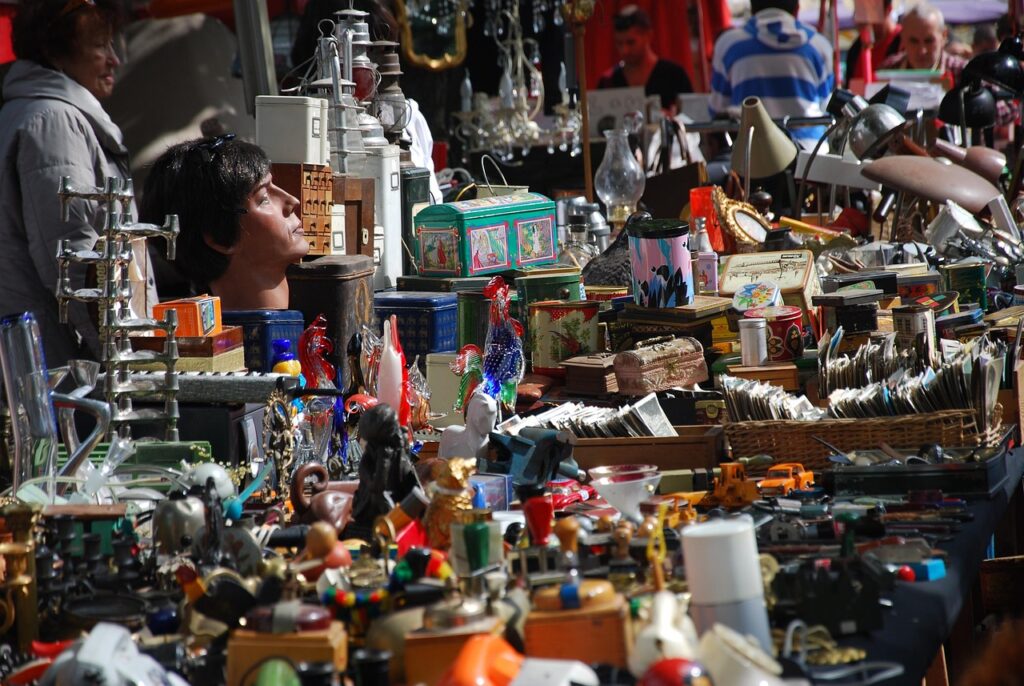
Choosing Barter Goods
When it comes to deciding what you might want to stock up on for future trading, here are a few guidelines I recommend.
Advertisement — Continue Reading Below
First, the items should be fairly inexpensive today. You don’t want to sink a ton of money into potential trade goods. Remember that the true goal of prepping is to be able to meet your own needs without outside assistance. That’s where the bulk of your time, energy, and budget should go.
The items should be shelf-stable for a long period of time. No special storage requirements are allowed. Cool, dark, dry is about as fancy as it should get. If the item goes bad before you’re able to use it or trade it, then you’ve gained nothing.
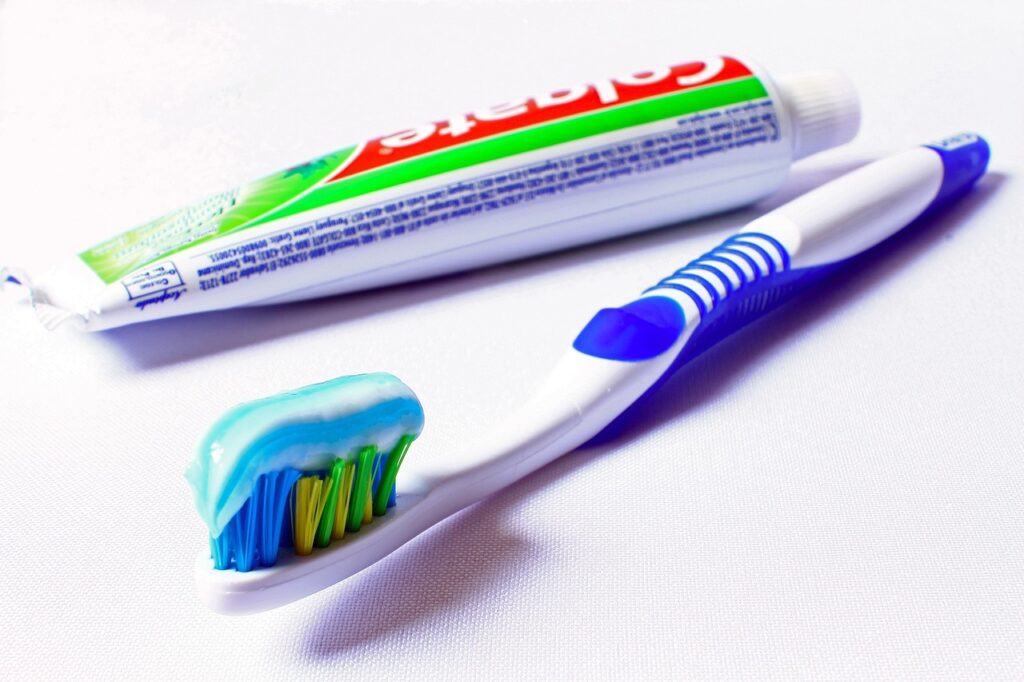
Advertisement — Continue Reading Below
Whatever you’re storing to trade should have inherent value or be of use to you and your family. Meaning, if you never need to trade it, the item should still be useful to you. In other words, stock up on things you’d be using anyway.
Lastly, they should be easy to divide into small quantities. Making change isn’t really a thing when it comes to bartering. If all you have to offer are big-ticket items, then you may be stuck getting the worst end of the deal and “overpaying” to get something you want.
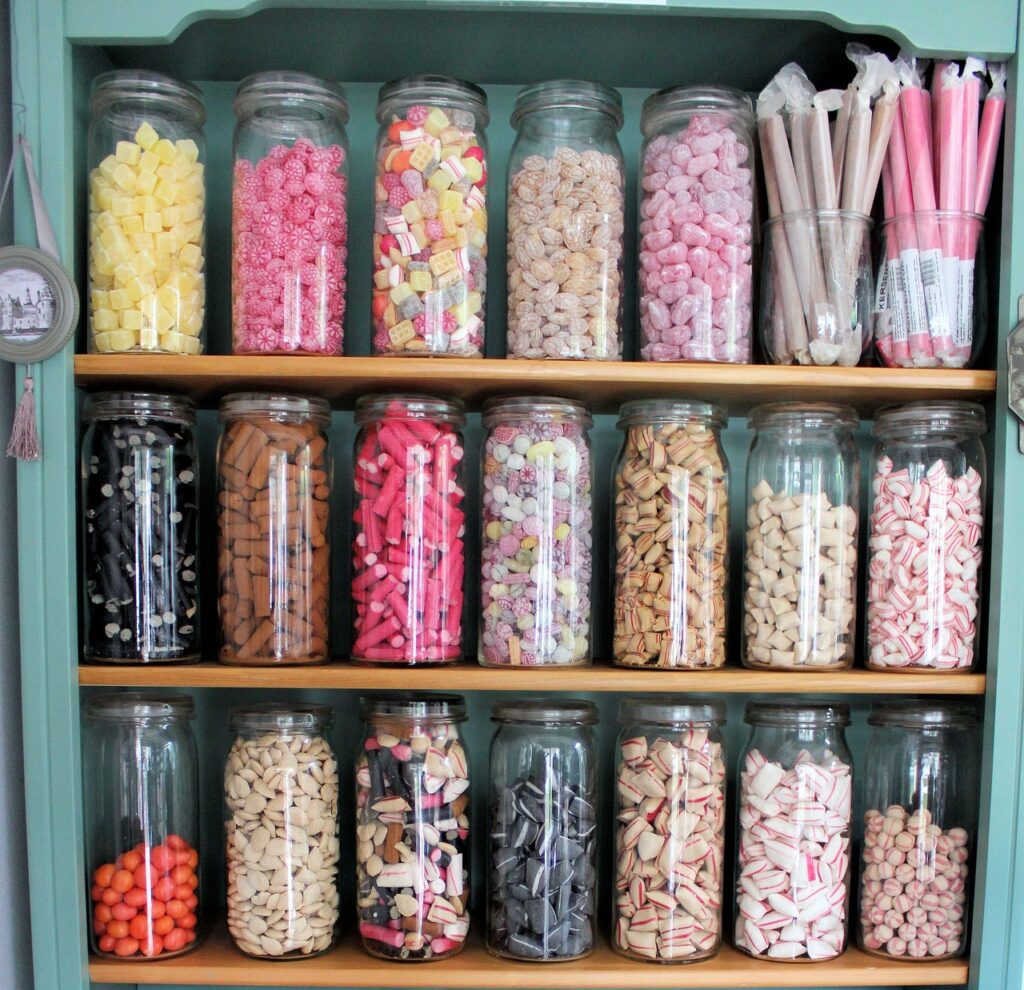
Advertisement — Continue Reading Below
Here are just a few ideas to get you started.
- Hard candy
- Feminine hygiene products
- Caffeine pills
- Condoms
- Toothpaste
- Soap
Don’t Trade These
There are a few things that often show up on lists of items to stock up on for barter that might not actually be great ideas.
Ammunition is a popular one. It’s definitely going to be high in trade value. However, do you want to run the risk of someone returning it to you at high velocity?
Advertisement — Continue Reading Below
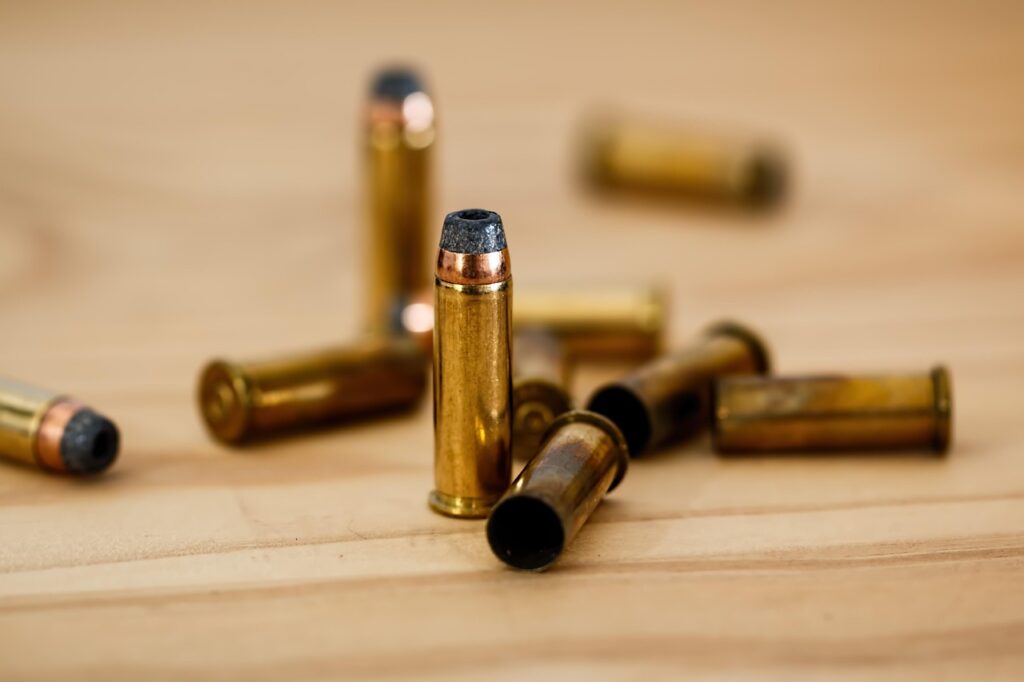
Tobacco is another one that’s going to be a high-value commodity. But it sure is an expensive investment these days, especially if nobody in your family smokes.
Other vices, such as alcohol or drugs, might be valuable later. But you run the risk of dealing with people who may be under the influence of one or more substances. This can cause problems today, let alone in a time when calling 911 for help is no longer a thing that exists.
Advertisement — Continue Reading Below
So, Is Barter a Good Idea or No?
The entire purpose behind disaster preparedness is to have what you need when you need it. While picking up a few extras, just in case, isn’t a bad idea, planning to be some sort of post-apocalyptic convenience store is probably a bad approach. Stock up on the things you’ll likely need and add in barter goods only when it makes sense to do so.
